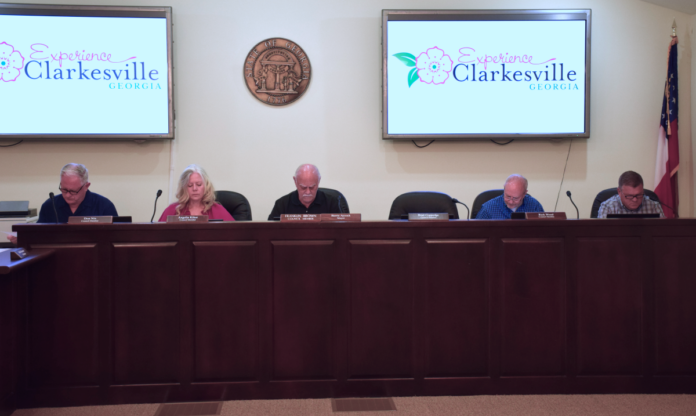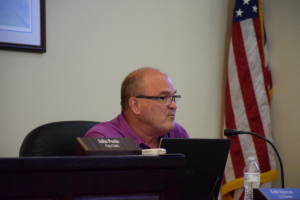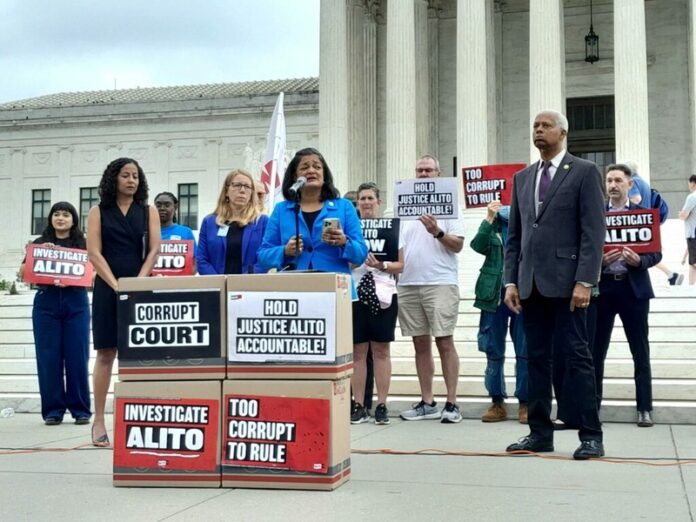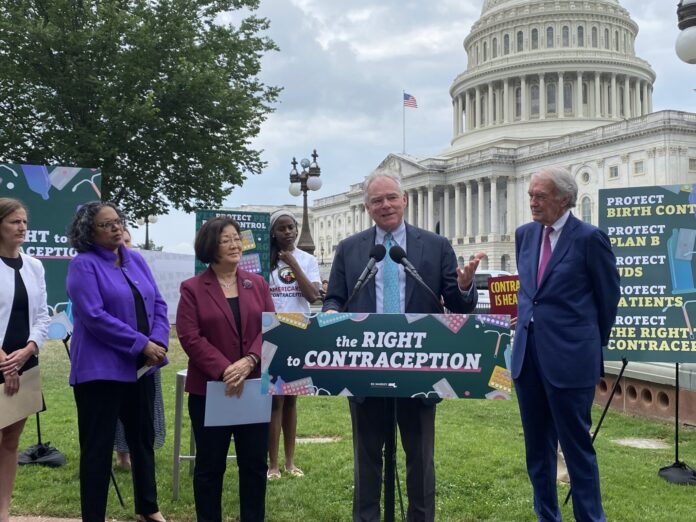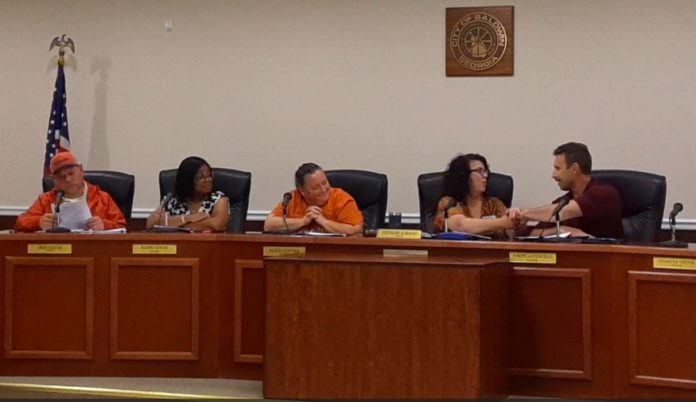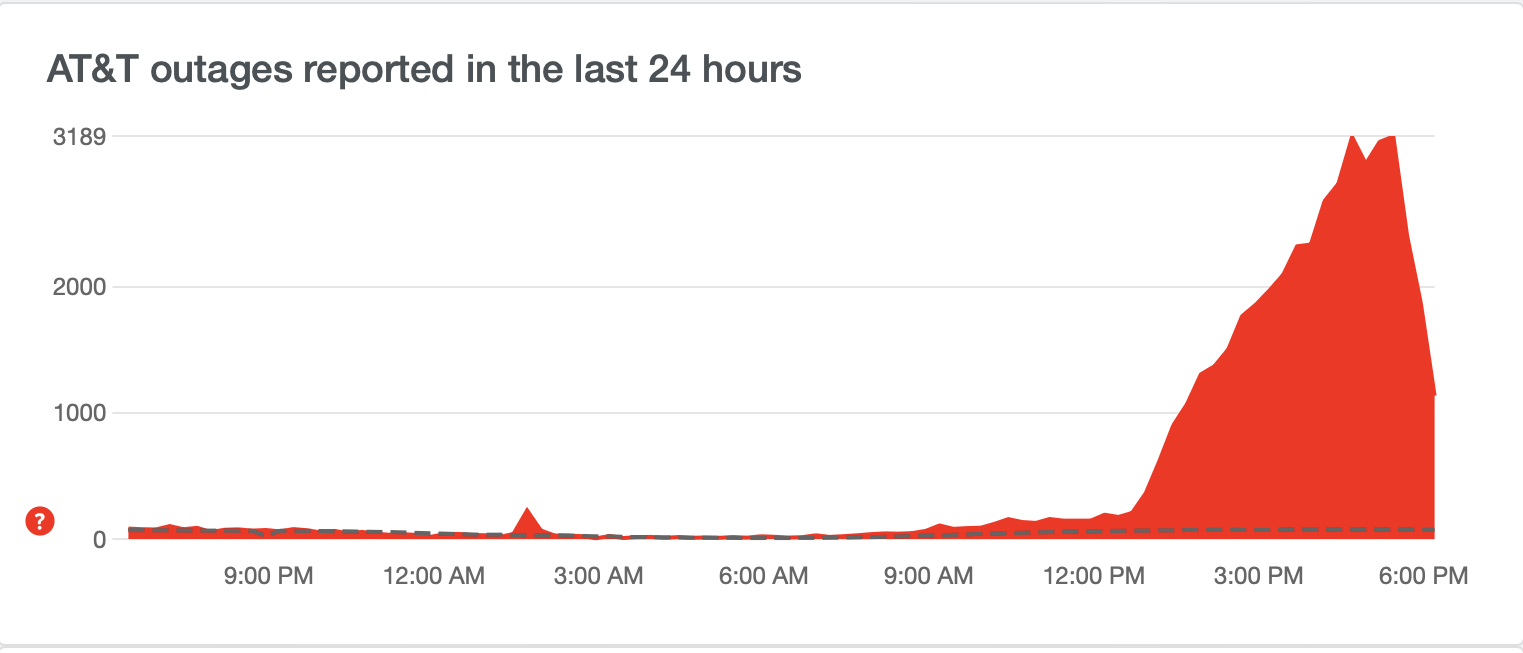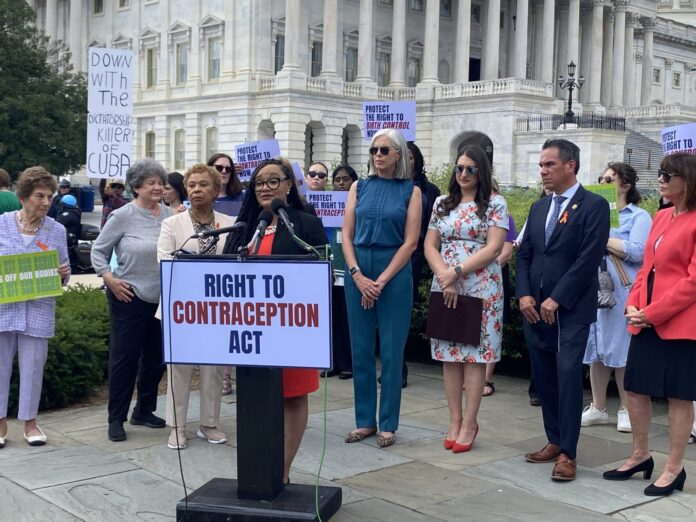WASHINGTON (States Newsroom) — The national debate over whether laws or patients should determine abortion access dominated a U.S. Senate committee hearing Tuesday when a panel of six experts testified about the complicated nature of treating pregnancies and miscarriages.
The two-hour hearing in the Health, Education, Labor, and Pensions Committee was, at times, genuine and heartfelt. At other times it centered around talking points that Democrats and Republicans have repeated since the U.S. Supreme Court overturned the constitutional right to an abortion two years ago.
The hearing was just one piece of Democrats’ increasing focus on reproductive rights, including access to abortion, contraception, and in vitro fertilization, ahead of the November elections. On Wednesday, senators will vote on whether to advance legislation dealing with the right to contraception.
Washington Democratic Sen. Patty Murray said during the hearing restrictions and bans on abortion access in some states have deprived women of the chance to make private choices about their medical care as well as their family’s size.
“With these policies, they have told women in no uncertain terms: ‘You don’t control your body, we do.’ That is horrifying,” Murray said.
“Think about what it means, what it really means, to be told someone else can decide you have to stay pregnant, no matter the circumstances,” Murray said. “Think about how little power that gives a woman over her own life and her own health.”
Louisiana Republican Sen. Bill Cassidy, ranking member on the committee, argued the hearing was about highlighting the differences between the GOP and Democrats during a presidential election year and not about a genuine interest in the state of reproductive health care.
“So let’s table set: It’s an election year in which a Democratic incumbent president is running behind. So a decision has been made to raise abortion to a high profile, to change the setting, to invite a lot of folks to put us on TV,” he said. “It’s partisan politics being played out in a committee hearing.”
Doctors or politicians?
Dr. Nisha Verma, a fellow with Physicians for Reproductive Health in Atlanta, testified that the complicated nature of pregnancies — including those that end in miscarriage, threaten the woman’s life or health, or come with a diagnosis of a fatal fetal abnormality — means they need to be treated by doctors, not politicians.
“I myself have struggled with infertility and I’ve experienced a first-trimester miscarriage that I found devastating, and so I am not at all saying that pregnancies don’t have value,” she testified.
“That value is different for different people. And the way that people connect with their pregnancies is different,” Verma said. “And each person is capable of making these really important, sometimes complex, sometimes difficult decisions about their health care and their life — even if that sometimes means ending a pregnancy.”
Verma sought to clear up misinformation about when and how abortions are performed within the United States, following comments from some in the hearing about abortions that are performed later in a pregnancy.
She noted that if a patient comes in at 40 weeks gestation, their only two options are a cesarean or a vaginal delivery, not an abortion.
“I also just want to highlight that 90% of abortions in this country occur in the first trimester, and less than 1% are occurring after 20 weeks when in most cases something has gone terribly wrong with the patient or the pregnancy,” Verma testified. “And that person really needs that care.”
When that happens, Verma said, patients need her support as their doctor, not to be told she cannot provide them with treatment options.
“I have some patients that choose to continue that pregnancy and deliver on term and other patients who say ‘That’s too traumatic, I can’t do that,’” she said.
“I think as doctors, we all recognize that providing life-saving care sometimes means ending a pregnancy,” Verma said. “And to call that care something besides an abortion is an issue of semantics and differing political agendas.”
Dr. Christina Francis, chief executive officer at the American Association of Pro-Life Obstetricians and Gynecologists in Fort Wayne, Indiana, had a much different answer to when and how doctors should perform abortions.
“I think, certainly, beyond the point where a child can survive outside of his or her mother, there would never be a reason you would need to intentionally end that child’s life,” Francis said, referring to viability, which typically happens between 22 and 24 weeks into a pregnancy.
“You would simply deliver that baby,” Francis added. “You’d take care of mom and you’d take care of baby in an appropriate way. And I think that that’s something that I would hope that all of us at this table could agree upon.”
Francis didn’t clarify her beliefs on abortion before viability during the hearing.
Access to abortion in Alaska
Alaska Republican Sen. Lisa Murkowski reiterated her long-held position that decisions about abortion should be left up to women and their doctors, not the government.
“I also believe it’s reasonable not to require those who are firmly opposed to abortion to support it with their tax dollars and that providers, who do not wish to be involved in abortions, should not be forced to do so,” Murkowski said.
Women in Alaska, Murkowski said, continue to raise concerns with her about access to abortion, especially given how rural some areas of the state are.
“I continue to hear from so many in my state, women in Alaska, who are concerned about access to abortion, access to reproductive services; even while we are a state where we have included in our state’s constitution the right to privacy that protects that access to abortion,” Murkowski said. “But what we have seen from decisions across the country, in the lower 48, is a ripple effect that has come all the way up to the north.”
Virginia Democratic Sen. Tim Kaine rejected the idea that state legislatures are best positioned to decide access to abortion.
“Your rights shouldn’t depend on what ZIP code you live in, your rights shouldn’t depend on who your state legislature is,” Kaine said.
Dr. Allison Linton, chief medical officer at Planned Parenthood of Wisconsin, said that one issue with lawmakers implementing restrictions or bans on abortion access is the complicated range of issues that someone can face during a pregnancy.
Linton then detailed patient stories, rhetorically asking the committee whether those people should have had access to abortion.
“What about a patient with a newly diagnosed breast cancer at eight weeks of pregnancy, who cannot start chemotherapy or radiation while she is pregnant?” Linton said. “Is delaying her treatment until after delivery a risk to her life?”
“What about a patient with a blood clotting disorder, where pregnancy will further increase their risk of a pulmonary embolism or stroke?” Linton continued. “Is the risk of a blood clot enough, or do I have to wait until the actual stroke occurs?”
“What about a 13-year-old, who is the victim of incest?” Linton asked. “Is the psychological and physical trauma of carrying a child in her barely pubescent body enough to justify ending her pregnancy?”
Vote coming on contraception
Members of Congress are also focused on access to contraception this week.
Senators are scheduled to vote Wednesday on legislation that’s co-sponsored by 49 Democrats and independents. The 12-page bill is intended to ensure access to contraception, regardless of any future Supreme Court decisions.
A constitutional right to contraception is currently secured by two U.S. Supreme Court decisions — Griswold v. Connecticut, a 1965 case that said married couples had a right to privacy to make decisions about contraception, and the 1972 Eisenstadt v. Baird ruling, where the justices said that right extended to non-married people.
But Democrats and reproductive rights advocates are worried the Supreme Court could overturn those two cases in the same way it overturned Roe v. Wade.
Iowa Republican Sen. Joni Ernst introduced her own four-page bill this week that’s intended to protect access to contraception, rejecting the proposal from her Democratic colleagues.
“In the face of Democrats’ radical abortion on demand, I am proud to provide women greater access to safe and effective birth control,” Ernst wrote in a statement. “My bill will increase over-the-counter contraception options while bringing much-needed transparency and accountability to ensure the government uses tax dollars to support families.”
Nearly two years ago, Ernst blocked Democrats from passing their contraception access bill through a fast-track process known as unanimous consent, which allows any one senator to object to passage. It doesn’t include a roll call vote.
House Democratic measure
House Democrats also introduced their version of Senate Democrats’ contraception access bill on Tuesday during a press conference.
North Carolina Democratic Rep. Kathy Manning urged House GOP leaders to put the bill on the floor for an up-or-down vote, a request that is very unlikely to be fulfilled.
“This bill ensures that individuals have the right to obtain contraceptive services and health care providers have the corresponding right to provide them,” Manning said. “It also protects a full range of contraceptive methods, devices, and medications, including birth control pills, IUDs, emergency contraception, and Plan B.”
Senate Majority Leader Chuck Schumer said during a press conference that in the coming weeks Democrats “will put reproductive freedoms and women’s rights front and center” in the Senate.
Part of that push, the New York Democrat said, will be holding a floor vote “very soon” on legislation that would shore up access to in vitro fertilization.
“Millions of Americans have relied on IVF to have children,” Schumer said. “But after a stunningly radical decision by the Alabama Supreme Court that jeopardized access to IVF, families are rightfully worried that this option could be stripped away.”



